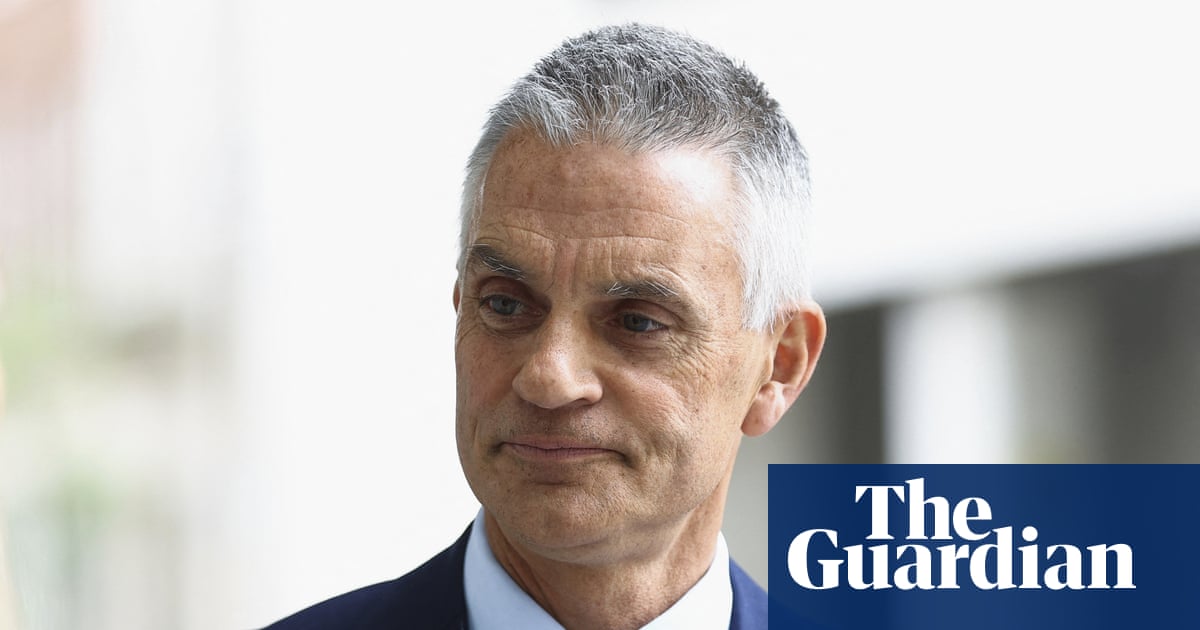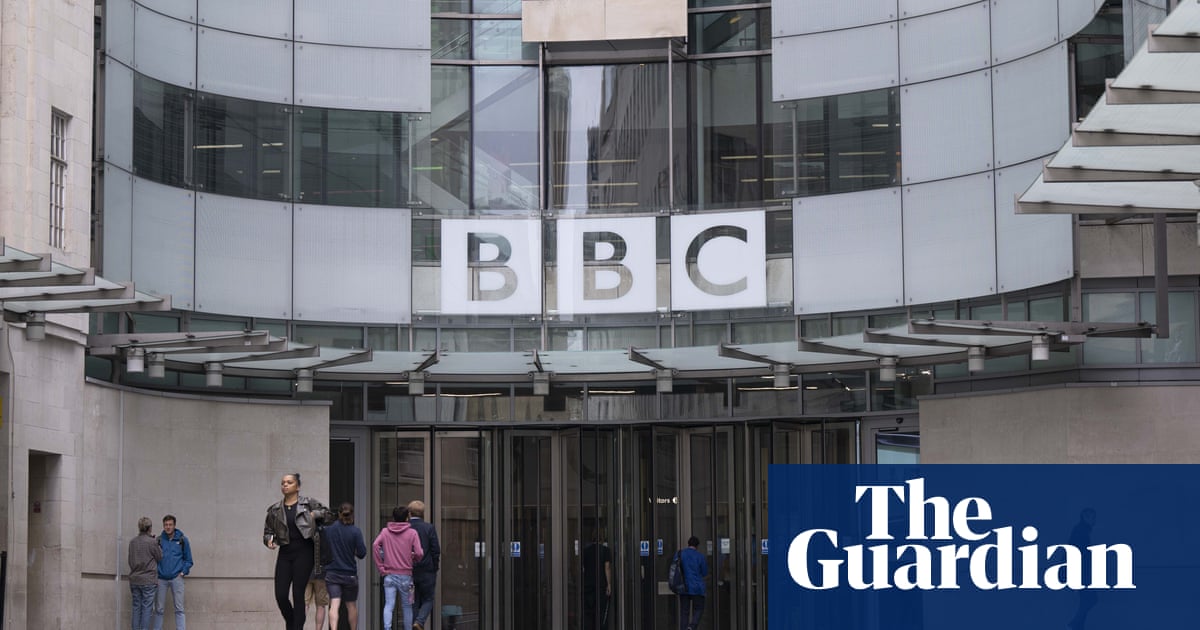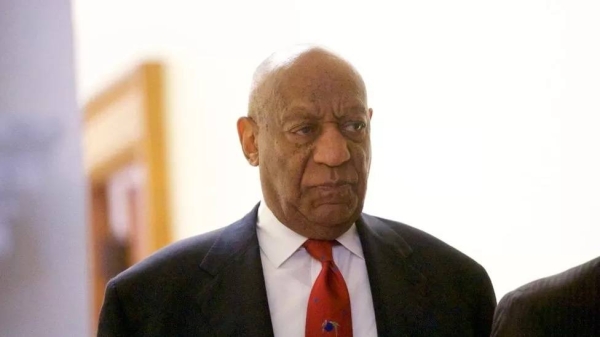
The BBC has looked at whether the licence fee could ultimately be replaced with a new special income tax, based on the Swedish model for funding public service broadcasting according to two executives at the corporation, with a new funding model set to be one of the key issues facing incoming director general, Tim Davie.
Sweden replaced its British-style television licence fee with a special income tax capped at around 1,300 SEK (£112) on almost all taxpayers in 2019, with poorer people paying less and the money used to fund all of its public service broadcasters.
This ringfenced tax was set at around half the cost of the old television licence, ensuring the typical household with two working adults paid roughly the same amount.
This model would avoid the government having direct control over the income of the main national broadcaster, while also guaranteeing income to the corporation and reducing non-payment.
However, one of the BBC insiders said it would be a tough sell to add a new tax to people’s payslips in the current political environment, especially with concerns that the government could force the BBC to share more of its funding pot with other broadcasters.
The outgoing director general, Tony Hall, last week said that another option would be adding the cost to council tax bills, while the BBC has previously suggested that a long-term option could be charging the public with an extra fee on broadband connections.
The government has yet to publish the findings of its consultation into whether to decriminalise non-payment of the licence fee, a move which would cost the BBC hundreds of millions of pounds a year.
Despite briefings to friendly newspapers that decriminalisation is a done deal, ministerial sources insist no final decision has been made. However, inside the BBC the focus is starting to shift to the long-term sustainability of charging households based on their ownership of a device that can either watch live television or is used to access BBC iPlayer.
This current model of funding is guaranteed under a 10-year royal charter that runs until 2027 but speculation is growing within the corporation that Davie may rip up this deal ahead of schedule in return for a new longer-term funding model.
The BBC’s medium-term future is likely to be influenced by which party wins the next general election, due by May 2024 at the latest. In one scenario, a victorious Labour could promise a more generous funding settlement for public serving broadcasting – but if the corporation held out for a deal then it could find its entire future become one of the major issues of the campaign.
Four other key issues for Davie to deal with:
Providing high-quality programmes when costs are increasing
The BBC used to have its pick of the best of British television talent and be able to outspend most of its rivals. Now it increasingly finds itself a mid-sized fish in a giant global pond, with the massive investment from the likes of Netflix in original content pushing up production costs, especially in high-end drama.
Culture war issues
The BBC is increasingly finding itself being used as both the playing field and the referee in ongoing culture war battles between various political forces. The latest row – over whether or not the lyrics to Rule, Britannia! should be sung at the Last Night of the Proms – dominated front pages for almost a week, despite classical music industry figures insisting it has little to do with the music.
Conservative MPs are unlikely to stop criticising the BBC for “woke” output, while at the same time the corporation is dealing with concerns from their own staff about diversity.
BBC News impartiality
The corporation remains more trusted than most news outlets in the UK but this support has frayed around the edges in recent years, on both the left and right of politics. Rivals sniff blood, proposing new opinionated news channels to fill the perceived gap in the market. Davie will also have to deal with the social media output of the corporation’s presenters, which is often seized upon by opponents as examples of bias.
The next BBC chairman
Tony Hall had hoped to stay on as director general to see the BBC through its centenary celebrations in 2022 but instead jumped ship in January, following discussions with the current BBC chairman, David Clementi.
Clementi, having overseen the appointment of a replacement, is himself due to step down early next year and be replaced by a new government-appointed BBC chairman. The identity of this figure will have a significant influence on Davie’s decision-making.












